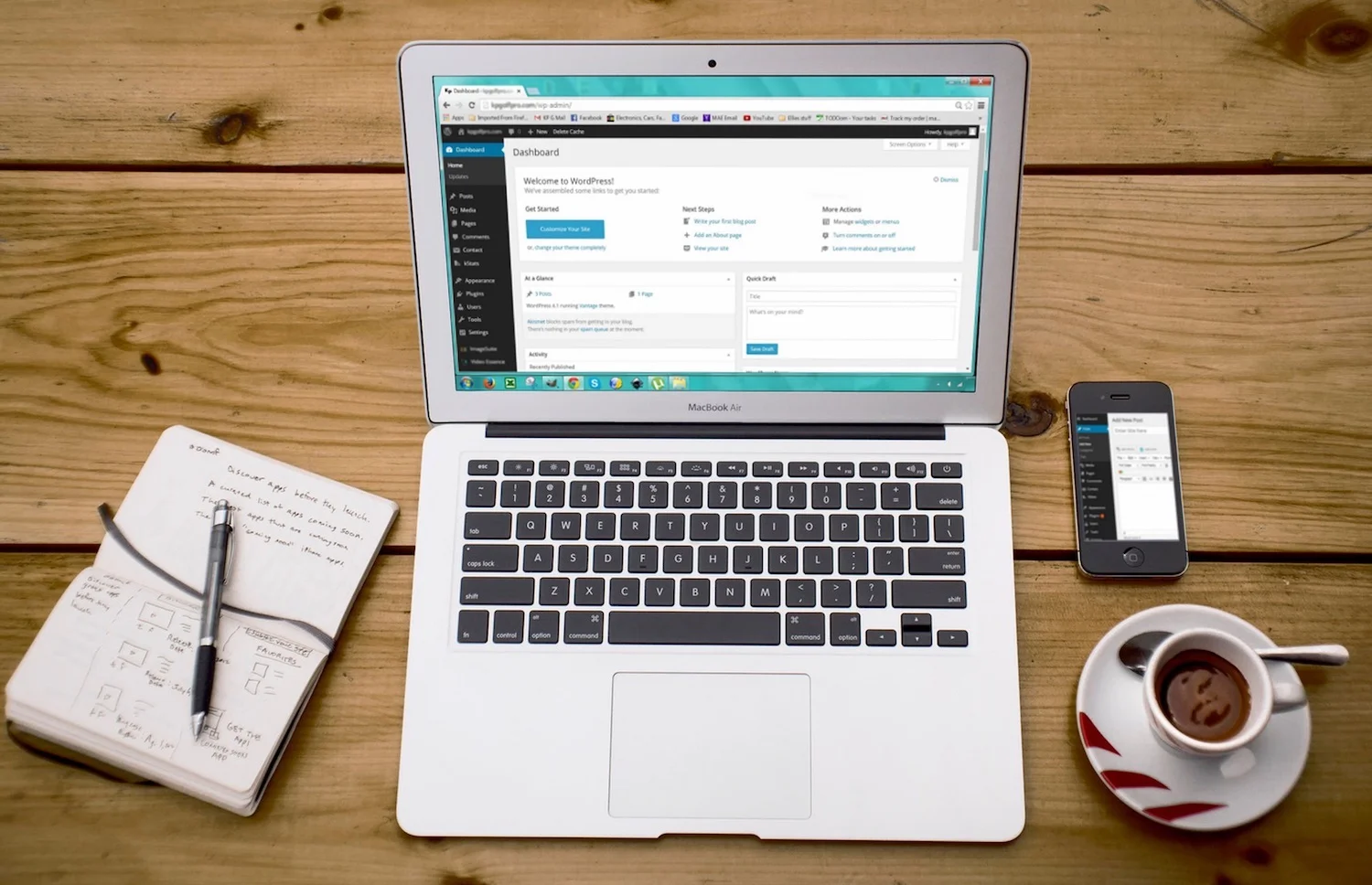Business Email Compromise and Social Engineering: What Every Company Needs to Know
/Imagine that you are an employee of a small or mid-sized business who handles financial transactions. Company executives regularly send you emails asking you to send money via wire transfer. It’s just part of your job. So, you arrive at the office on a Monday morning to an email in your inbox asking you to wire money to a specific account. How do you react?
Read More









